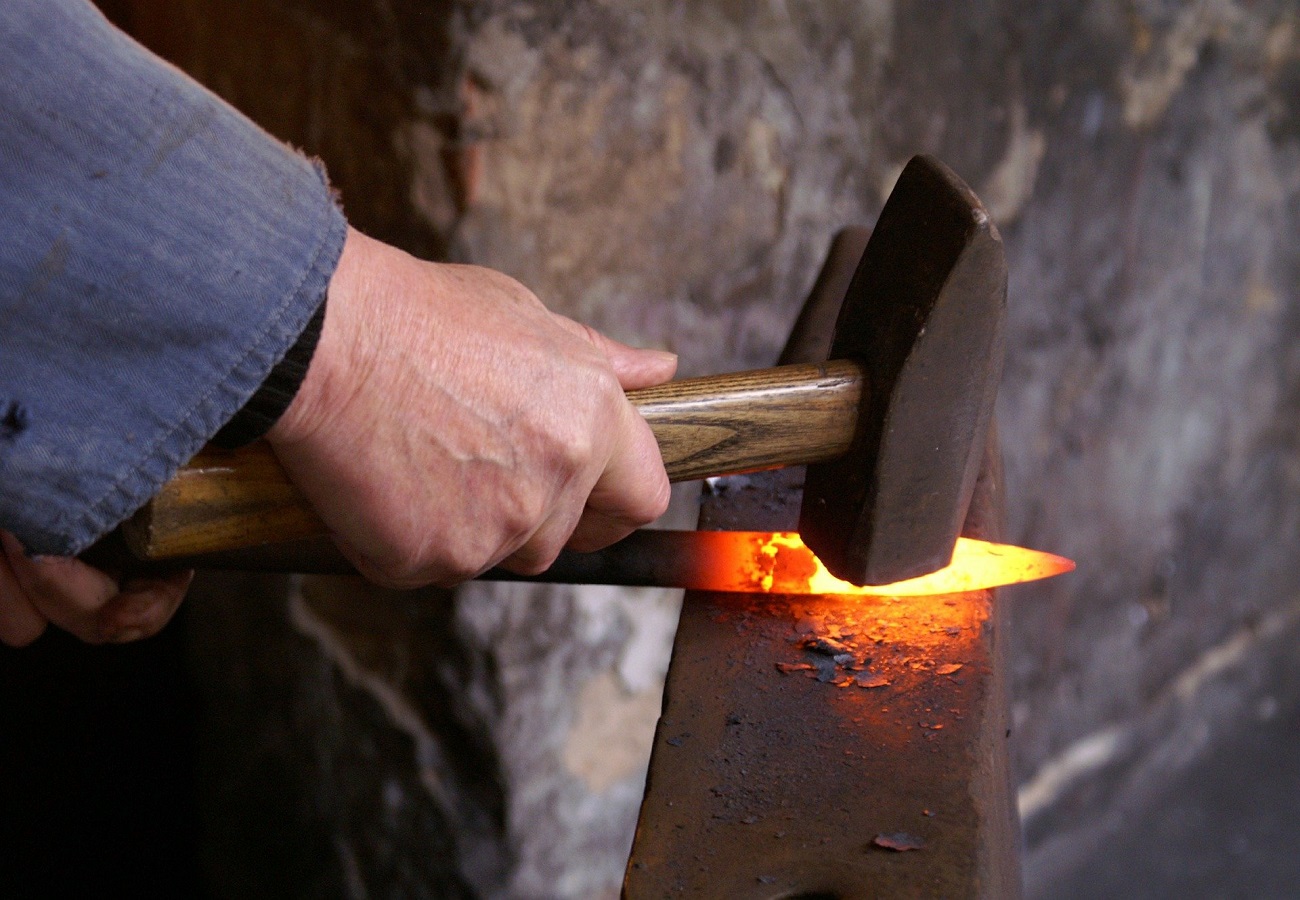We know the demand for green buildings and energy-efficient structures is increasing due to the rise in population. Aluminum alloys are being used for various purposes, mostly for the durability and strength of the new projects. Lightweight alternatives have always been under huge demand for the ease of construction, and aluminum castings have become the first solution to the issues arising from the other materials used in the structures. Higher operating temperatures will always need aluminum die-casted metals because they have the best properties to be applicable in projects in various parts of the world.
Many contractors have been doubtful about the use of these metals in the working space, leading to the haze of a question surrounding this product. Aluminum alloy characteristics have to be paid attention to in order to get only the best of the items available in the market. Let us look at the major characteristics and the various applications of aluminum die-casting metals to understand the abilities and downsides of using them.
Characteristics of Aluminum Alloys
Designers are fans of the properties of these alloys because of the ability of the metals to be shaped into the desired form. Here are some of the characteristics of the aluminum alloys that make them rather special:
· Lightweight
We surely need this feature for faster completion of the projects, especially in the sultry summers and hot temperatures.
· High Operating Temperatures
As mentioned earlier, these alloys are perfect for in-house projects that are performed under high temperature.
· Corrosion Resistance
Aluminum has the properties of being resistant to corrosion throughout the age of the item, and it can stand all forms of exposure to corrosion.
· Strength and Hardness
The next most attractive property of aluminum alloys is their strength and ability to take the external pressure. Their hardness makes them an excellent alternative to the other items used in construction.
· Recyclability
This is a property almost all metals need to have in such projects since the use of the damaged products could never be underestimated.
Apart from these internal properties, the metal also exhibits high electrical conductivity, great thermal conductivity, good stiffness and finishing characteristics, excellent strength-to-weight ratio, and impressive RFI and EMI shielding properties. Mechanical designers benefit from aluminum’s heat dissipating properties, strength, and corrosion resistance.
Applications of Aluminum Die Castings
Aluminum castings create lighter parts to provide us with more surface finishing options. Since they can also withstand the highest operating temperatures, we can use them for various purposes. Here are some of the most common applications of the die castings:
- Aluminum castings contribute to weight-saving requirements, thereby helping improve automotive fuel efficiency.
- Networking and infrastructure equipment are also being equipped with aluminum in the computing and telecom industries.
- EMI and RFI shielding are provided in the handheld devices made of aluminum castings.
- It can also be used in electronic housings and connectors since aluminum casting has excellent shielding properties.
- We’ve found this to be the best application for aluminum wheelchair ramps for accessibility.

